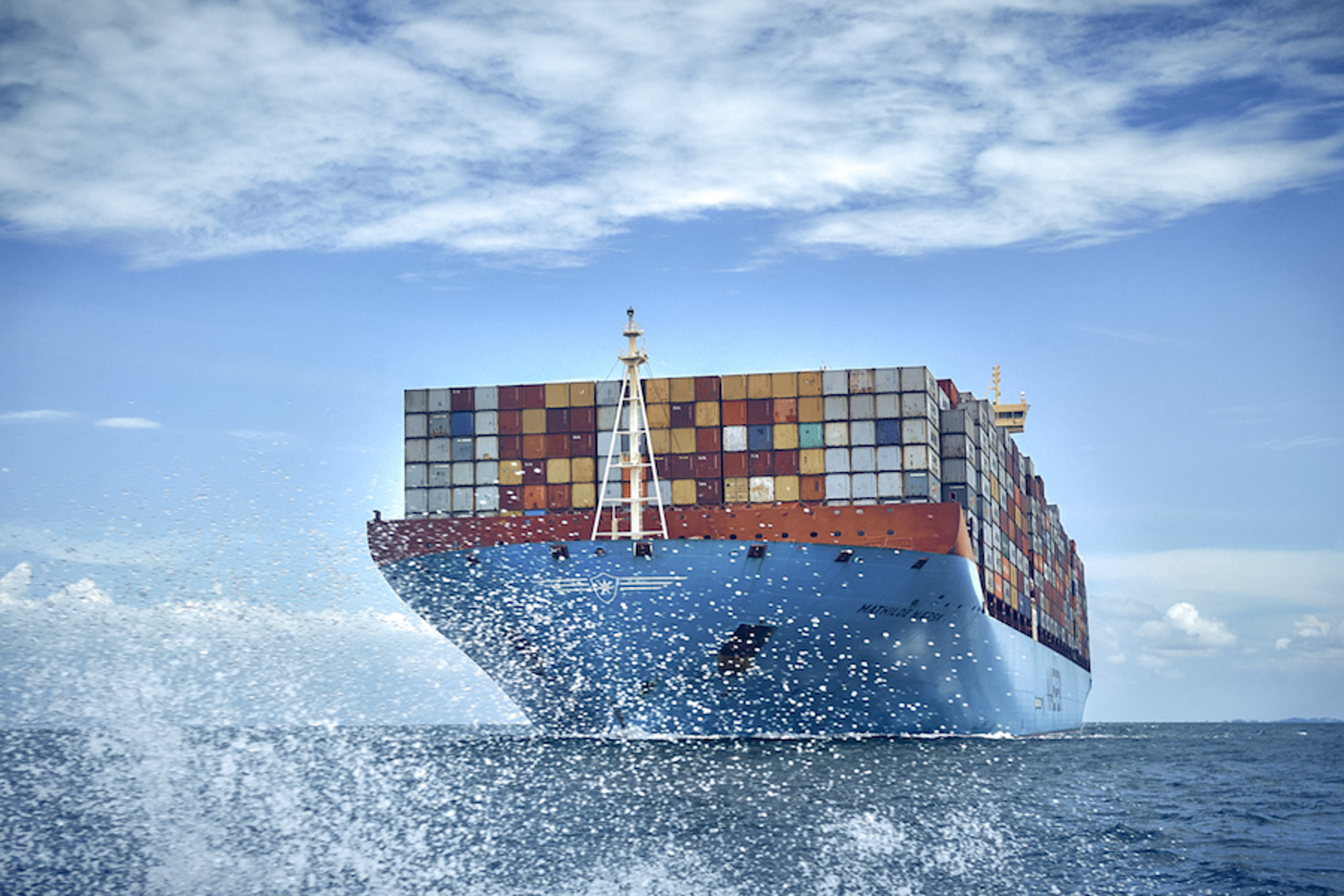The shipping news: Volvo Cars parts transported via CO2-saving biodiesel
Shipping car parts around the world has a big carbon footprint. But Volvo Cars, Maersk and its logistics providers are tackling that as of this month.

Volvo Cars is collaborating with major shipping and freight firms to reduce the overall carbon footprint of its cars – with immediate results.
The carmaker, along with Maersk, DB Schenker and Kuhne+Nagel, has committed to using biodiesel – mainly derived from waste cooking oil – to ship car parts around the world in a move that they calculate will cut emissions from that part of the supply chain by 84 per cent*. That’s 55,000 tonnes of CO2 each year, the same as a truck driving around the equator 1,200 times.
The agreement covers all inbound parts for use in factories in Europe and the Americas, as well as all spare parts distribution globally.
Where the biofuel is not available specifically for Volvo Car shipments, the carmaker’s allocation is used for other journeys, and the CO2 reduction then added to Volvo Cars’ carbon balance sheet via a recognised methodology called ‘mass-balancing’.
The renewable fuel is certified, audited, not produced in competition with food crops and is classified as renewable by the EU Renewable Energy Directive, which is one of the world’s most stringent set of rules. No palm oil feedstock is used in making the fuel.
“We want to spark other car makers into action as well, to increase demand for carbon efficient ocean transports and to establish renewable fuels as a mid-term solution that works. We all have a responsibility to act.”
Volvo Cars and its logistics providers view biofuels as a pragmatic interim measure to help decarbonise its operations end-to-end by 2040 and make significant progress on that goal by 2025. It reduces fossil fuel consumption and avoids the use of carbon offsets for parts of the supply chain that are otherwise hard to tackle.
“Renewable fuel is not the end game for removing CO2 from the world’s ocean freight needs,” per Volvo Cars Chief Operating Officer and Deputy CEO, Javier Varela. “Yet this initiative shows that we can act now and implement solutions that achieve significant results during the wait for long-term technological alternatives.
“We want to spark other car makers into action as well, to increase demand for carbon efficient ocean transports and to establish renewable fuels as a mid-term solution that works. We all have a responsibility to act.”
The challenge for companies – and entire economies – to decarbonise is that so much of the supply chain for goods and services overlaps. That means businesses have to collaborate in order to collectively make progress.
Maersk has the same decarbonisation timetable as Volvo Cars. Both have committed to becoming net zero business by 2040.
“Sharing this ambitious pace in the decarbonisation, we are joining forces to maximise the progress towards net zero supply chains,” said Birna Odefors, Managing Director of Maersk’s Nordic business. “These close collaborations are essential in order to deliver on our ambitious, mutual decarbonisation goals.”
*Comparison of fuels include emissions from production and use of the equivalent amount of energy, so called Well-to-Wake (WTW).